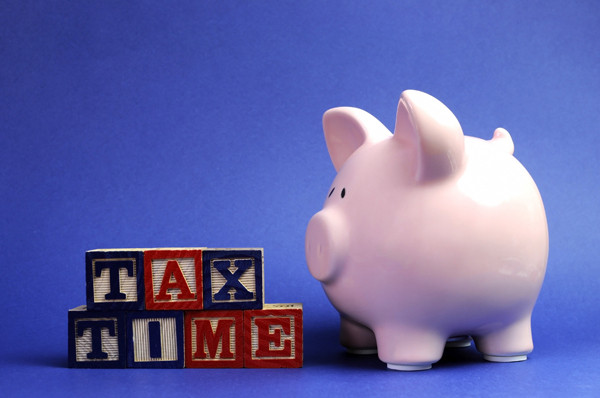Tax Planning before 30 June 2014

It is important that you take the time to focus on tax planning and the tax issues that affect you before 30 June 2014 arrives. Significant tax and cashflow savings can be created by a number of general tax planning strategies.
Business Income and Expenses
Subject to cash flow requirements, consider deferring income until after 30 June, especially if you expect lower income for 2014/15 compared to 2013/14.
Most businesses are taxed on income when it is invoiced. Some small businesses may be taxed only when income is received. Income from construction contracts is generally taxed when progress payments are invoiced or received.
Ensure that you have complied with the requirements to claim deduction in 2013/14:
- Bad debts must be written off in your accounts before 30 June
- Employer and/or self-employed superannuation contributions must be paid to, and received by, the super fund before 30 June and must be within the contributions cap (generally $25,000 per individual)
- Depreciation can be claimed for assets first used, or installed ready for use, before 30 June
- Small businesses (turnover less than $2 million) can claim expenses prepaid up to 12 months in advance, for larger businesses, this is generally limited to expenses below $1,000
- Wages paid to your spouse or family members must be reasonable for the work performed
Small businesses planning major purchases or replacements of capital equipment should contact us for advice. Careful timing of those transactions can result in substantial tax savings.
Review valuations of trading stock in the lead up to 30 June. Best practice is generally to write of any obsolete or damaged items, value stock at the lower cost or market selling value. This may change if you expect a tax loss for 2013/14, or substantially higher income in 2014/15 compared to 2013/14.
Personal Income, Deductions and Tax Offsets
Subject to cash flow requirements, set term deposits to mature after 1 July, rather than before 30 June.
Consider realising capital losses if you have already realised capital gains on other assets during 2013/14. Conversely, consider realising capital gains if you have unrecouped capital losses, or you expect substantially higher income in 2014/15 compared to 2013/14.
If you expect lower income in 2013-14 due to retirement or any other reason, consider deferring income until after 1 July, when you will be in a lower tax bracket. If you are a primary producer and you expect a permanent reduction in income, consider withdrawing from the income averaging system.
Arrange for deductible donations to be grouped in the higher income year, if you expect substantially higher or lower income in 2013-14 compared to 2012-13. Make all donations in the name of the higher income earner.
If you plan to purchase income-producing assets, consider acquiring assets that will generate positive cash flow in the name of the lower income earner. Conversely, consider acquiring negatively geared assets in the name of the higher income earner.
Superannuation contributions are taxed at 15% which may be significantly lower than your personal taxation rates. Just remember if you are an employee your superannuation may need to be paid to the superannuation fund by your employer as a salary sacrifice arrangement in order for it to be deductible.
Depreciation and Low Cost Asset Deductions
There are significant changes to the timing of deductions for plant and equipment.
Upto 31 December 2013 items costing less than $6,500 excluding GST were immediately deductible, the cost threshold has now been reduced to $1,000 excluding GST.
For more information I have a detailed article on my website in the News & Articles section http://www.mjnaccounting.com.au/news-articles/40-instant-asset-write-off-to-be-abolished



